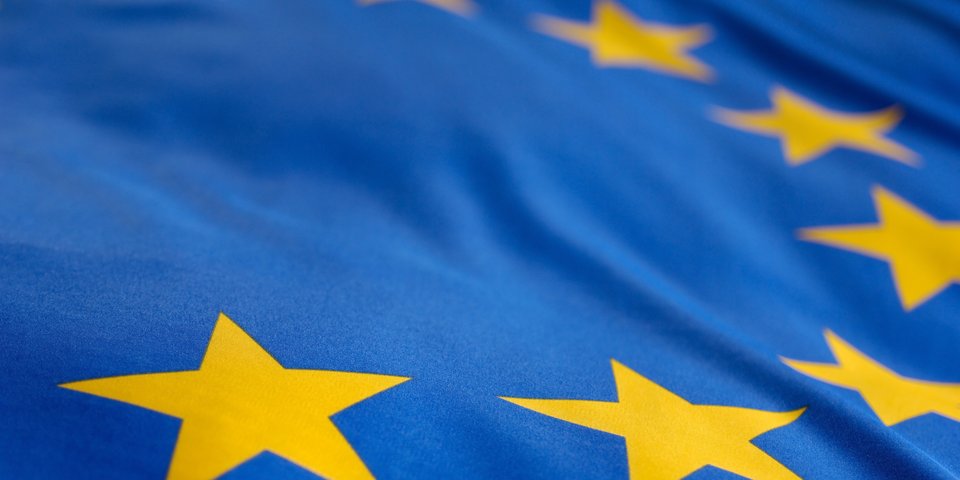 richterfoto
richterfotoReform and enlargement of the EU
European Parliament adopts motion for a resolution on deeper integration.
HS – 03/2024
On 29 February 2024, the European Parliament
adopted a motion for
a resolution on deepening EU integration in view of future enlargement. On 30 January, the Committee on Foreign Affairs (AFET) and the
Committee on Constitutional Affairs (AFCO) had voted jointly in favour of the
underlying own-initiative report. In principle, the European Parliament is of
the opinion that the challenges associated with a larger European Union (EU)
require a stronger enlargement policy based on gradual integration in common
policy areas.
EU enlargement as a geopolitical instrument
In the resolution, MEPs note that enlargement has
become one of the EU's strongest political and geopolitical instruments and
that, according to the June 2023 Eurobarometer survey, a majority of the EU
population is in favour of the future enlargement of the EU. At the same time, a
new impetus and vision are needed to re-energise the enlargement process. The
lack of commitment in recent years has created a vacuum, thus opening space
for Russia, China and other external players.
Role of the European Parliament
MEPs hold that the European Parliament is
undoubtedly the EU institution that is most supportive of enlargement, but its
role throughout the enlargement process is extremely limited. Against this
background, they emphasise the need for stronger, more effective and more
meaningful decision-making in the European Parliament as well as its scrutiny
of the EU's enlargement policy and its financing in order to strengthen
democratic legitimacy and accountability. Accordingly, the role of the European
Parliament in the entire accession process and its individual intermediate
steps should be strengthened. This also includes a comprehensive review of the
candidate countries' progress in all policy areas.
Need for reform before enlargement
In the resolution, the European Parliament also
takes the view that the processes of preparing for enlargement in the EU and in
the accession countries should run in parallel. Both institutional and
financial reforms are needed to overcome the current challenges, welcome new
Member States and promote their successful integration. The reforms called for
include reviewing the composition and strengthening the European Parliament
through a general and direct right of legislative initiative. MEPs are also in
favour of qualified majority voting in the EU Council in areas such as the
protection of democracy, human rights and the rule of law, the Multiannual Financial Framework (MFF), sanctions and other relevant foreign policy decisions,
such as the start of EU accession negotiations.
